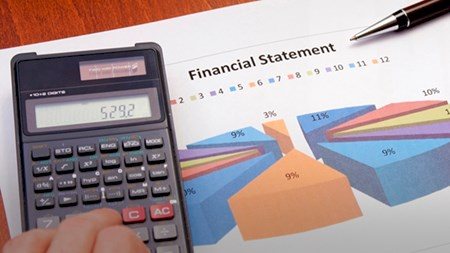Private Property features a series of three articles, where Werkmans Attorneys Tax Division Senior Associate, Daleen Malan will be looking at personal taxes in relation to private property ownership.
Natural persons disposing of their primary residences can generally disregard up to R2-million of the capital gain or loss when determining their aggregate Capital Gains Tax ("CGT") liability.
However, this exclusion is not necessarily available to all homeowners. Werkmans Attorneys takes a closer look at the CGT implications for persons in three scenarios. Where they have rented out, or have partially rented out their properties after 1 October 2001, and have subsequently sold those properties.
Scenario 1
A person who rents out his property should apportion the capital gain (or loss), as only that portion of the capital gain that relates to the period that he used the property for residential purposes, would qualify for the primary residence exclusion.
Example:
Mr X acquired his property on 1 January 2007 for R2-million. He used it as his primary residence for two years, and thereafter rented it out until 1 January 2013, when he sold the property for R5-million.
Although the overall gain is R3-million, only R1-million on two out of the six years that the property was used as a primary residence, would qualify for the exclusion. The balance of the gain of R2-million would be subject to CGT in full.
Scenario 2
A person who partially rents out his property should apportion the capital gain (or loss) on a pro-rata basis, according to the period and the portion that the property was rented out.
If Mr X in the above example, rented out 40% of his property for the entire period that he owned it, and continued to use 60% thereof as his ordinary residence, only the 60% portion of the capital gain that was used for residential purposes qualifies for the exclusion, calculated as R3-million x 60% = R1.8-million. The balance of the capital gain, being R3million x 40% = R1.2-million, that relates to the period that the property was used for non-residential purposes, is subject to CGT.
If Mr X rented out more than 50% of his property, he does not qualify for the primary residence exclusion at all, regardless of the fact that he used a portion thereof for residential purposes. Reason being the property was not used 'mainly' as a primary residence, as defined. The full capital gain of R3-million would thus be subject to CGT.
Scenario 3
A person who rents out his property would nevertheless be deemed to have used it solely for residential purposes during the rental period if that person (and/or his spouse):
was temporarily outside of South Africa for whatever reason, or was otherwise engaged in business activities in South Africa at a location more than 250km from the property
stayed in the residence for a continuous period of at least one year before, and one year after the rental period
no other residence became his primary residence during the rental period
rental period did not exceed a period of five years.
The effect of the deeming provisions is:
That the person would be treated as having used the property as his primary residence, throughout the period of temporary absence, and the full capital gain would consequently qualify for the primary residence exclusion.
Homeowners who rent out their residences should thus carefully consider the CGT implications should they decide to dispose of that property, as the primary residence exclusion will be affected by such a rental agreement.



